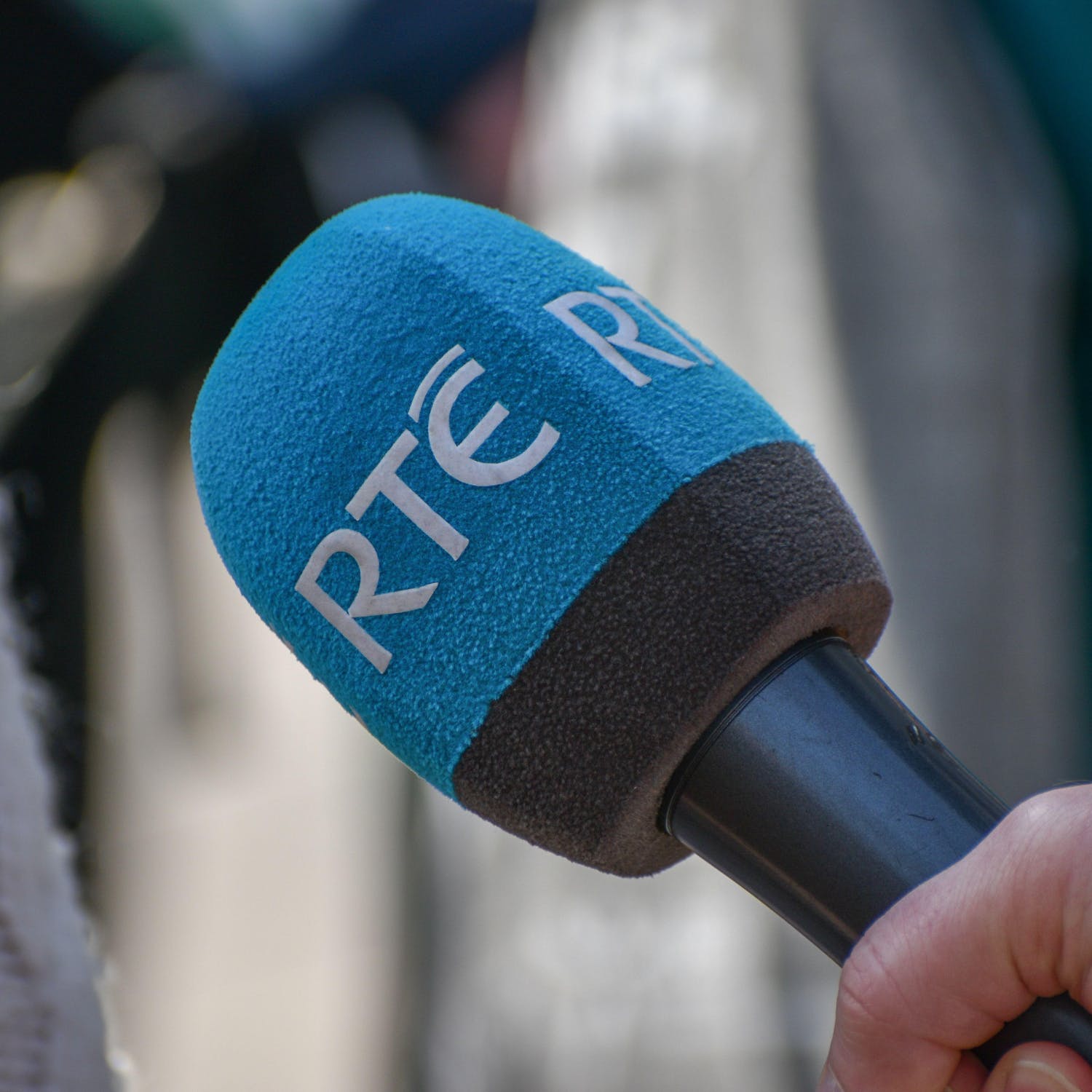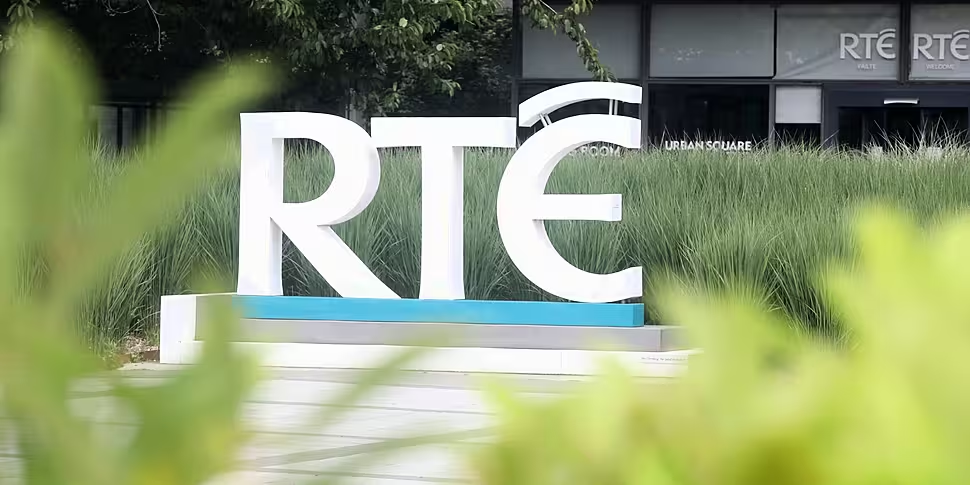The TV licence fee is 'directly responsible for excess and bloat' at RTÉ.
That's according to Gript.ie Editor John McGuirk, who was speaking as TV licence fee renewals dropped 25% in the first week of July according to figures seen by Newstalk.
Figures show 3,428 fewer households renewed their licence fee compared with the same time last year as the controversy around payments to Ryan Tubridy emerged.
There was also a significant fall-off in new licence fee sales, which were down almost 40% on the previous year.
These reduced figures mean a total combined fall of almost €934,000 in licence fee revenue in June and the first week of July.
Mr McGuirk told The Hard Shoulder there are several public service broadcasters beyond RTÉ.
"I am presently talking to you on what I consider to be a public service broadcaster," he said.
"This morning I was listening to Galway Bay FM, which I consider to be a public service broadcaster.
"I watched shows this weekend on Virgin Media, which I think is a public service broadcaster, and doesn't get any State funding.
"The TV licence, as we have seen in recent weeks, is responsible directly for a lot of the excess and bloat... that we see in RTÉ".
'Point of a Garda baton'
Mr McGuirk said the funding model means the State broadcaster has 'zero consequences.'
"It's not their money, they don't have to fight for it, they don't have to provide a public service," he said.
"They can produce the same stale programming month after month, year after year with zero consequences.
"Their funding is sourced from poor taxpayers at the point of a Garda baton or a judge's hammer".
 An RTÉ logo on a microphone in March 2022. Picture by: Karlis D / Alamy Stock Photo
An RTÉ logo on a microphone in March 2022. Picture by: Karlis D / Alamy Stock PhotoMr McGuirk said this approach means RTÉ "does not have to compete with all of its other competitors."
"[It] is operating on a massive budget for no good reason, while there are many people providing a service just as good - or better - which the public are paying for through choice.
"I keep hearing this stuff about, 'We need public service broadcasting': Why?
"Why do we not have public service broadcasting on other stations?
"It is a crutch for the Government doing what the Government wants to do, which is to keep RTÉ in place.
"If it can't survive on its own two feet, just like every single one of its competitors do, then it shouldn't survive".
"If I switch RTÉ off there are zero consequences to RTÉ; if I switch Newstalk off there are consequences for you guys," he added.
'Absurdly outdated licence fee'
Assistant Professor at the DCU FuJo Institute, Dr Eileen Culloty, said the issue is not the licence fee.
"It's the commercialisation of RTÉ is where we are now," she said.
"The model that we've had in Ireland, where we had this absurdly outdated licence fee - plus advertising - meant that RTÉ was chasing more and more commercial revenue.
"So the whole rationale of the public media is not reduced just to news, it's actually to ensure that the interests of the nation are being served.
"Commerical media has to return a profit; that means that any programmes about, say, Irish history or culture or identity are likely to be sidelined by the kinds of programmes that make money.
"The problem we have is that RTÉ was getting the public funding, but also acting a bit more like a commercial outlet".
'Driving up the price'
Dr Culloty said Ireland should look to its neighbours going forward.
"In the future, I think we should look at the Nordic countries, where they've adopted a taxation model and moved away from licence fees," she said.
"Some like Denmark have also put a levy on streamers like Netflix.
"They're going to use that money not just for the public broadcaster... they will use it for the film industry and for other media as well".
Dr Culloty said taking advertising revenue from RTÉ is also an option.
"One of the other issues with RTÉ relying on advertising is that it's taking money from commercial outlets," she said.
"Even with things like, say, sports rights, it's driving up the price.
"So it's an absurd system across the board, but there's still a rationale for a public-funded media system," she added.
Listen back here:









